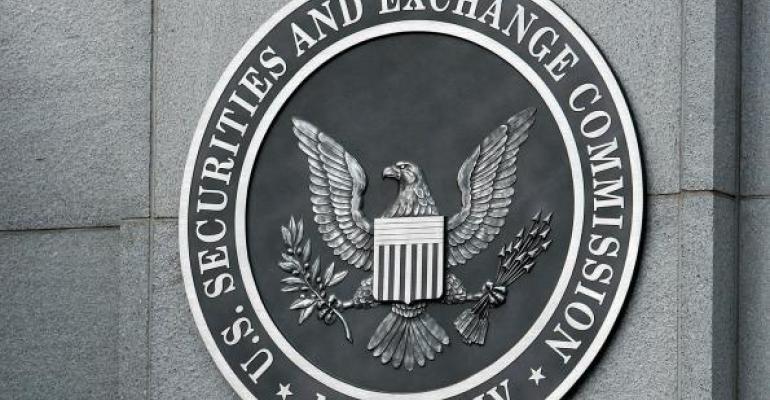The SEC is forcing an investment advisor who defrauded at least 15 clients in Los Angeles’ Israeli-American community of more than $3 million to pay about that same amount in disgorgement and fees.
The regulator first filed a complaint against Motty Mizrahi and his company MBIG on March 27, 2019, in federal court in California, and obtained a final judgment earlier this month permanently enjoining him from violating antifraud securities laws. He must also pay a disgorgement of $2,408,351 in ill-gotten gains, as well as prejudgment interest of $519,077 and a civil penalty of $192,768, according to the SEC. Mizrahi and his brother also face criminal charges of wire fraud, and could potentially serve as much as 20 years in prison if convicted.
The commission alleged that Mizrahi claimed he could guarantee returns between 2% and 3% per month for clients, and that his investment strategy was risk-free with clients’ funds secure.
Additionally, he told clients they could withdraw their money whenever they wanted and told them to deposit investment funds in a bank account supposedly used for MBIG investments. But MBIG did not have a brokerage account, or any bank account whatsoever, and clients were instead depositing funds into Mizrahi’s own personal bank account without their knowledge, which Mizrahi could then transfer to his personal brokerage account.
“In his own personal brokerage account, he has engaged in highly risky options trading on margin. Far from producing ‘guaranteed returns,’ his trading has produced nothing but persistent losses—totaling more than $2.2 million over the last four years,” the complaint read. “Mizrahi has no broker registration, nor a CPA license. And from his personal brokerage account, Mizrahi has transferred at least $1.4 million to his personal bank account, and made payments for personal expenses—notwithstanding that his compensation was to derive from a percentage of trading ‘profits,’ of which he had none.”
According to the complaint, Mizrahi found prospective clients at their Los Angeles–area synagogue, or through family and friends in the city’s Israeli-American community. In addition to Los Angeles, affected clients also lived in New York and Israel. The SEC stressed that while it knows Mizrahi defrauded 15 clients of more than $3 million since 2012, the number of defrauded clients and amount of funds could be higher.
In March 2019, the Justice Department announced that it had arrested and charged Mizrahi and his brother Sassi Mizrahi with wire fraud. In July of that year, a Los Angeles–based federal grand jury indicted the brothers, charging them in a scheme to defraud more than 40 investors, including the private high school where Mizrahi worked. The Justice Department claimed the brothers operated the scheme out of their parents’ home in Encino, Calif., between March 2012 and March 2019.
Neither Mizrahi nor his brother could be reached for comment.
From the start of 2015 through the end of October in 2018, Mizrahi wrote checks to MBIG for more than $1.3 million and made transfers of $51,000 from his E*Trade personal brokerage account, according to the SEC. He also wrote himself checks for $18,000 and made cash withdrawals that collectively totaled more than $12,000.
The SEC argued that Mizrahi covered his tracks by giving MBIG clients fabricated account statements showing their investments turning a profit, even when Mizrahi’s own brokerage account was showing losses. When clients demanded proof of this, Mizrahi produced a brokerage statement showing MBIG had a brokerage account with E*Trade with a balance as high as $9.4 million. But this document was entirely fabricated, according to the SEC; MBIG never had a brokerage account at E*Trade.
“To avoid detection of his scheme, Mizrahi recently encouraged clients to provide false information to the SEC concerning the nature of their investments with MBIG, directing several clients to tell the SEC that their individual investments with MBIG were ‘loans,’” the complaint read.
The criminal trial against Mizrahi is set to begin in March of next year, according to the SEC.





